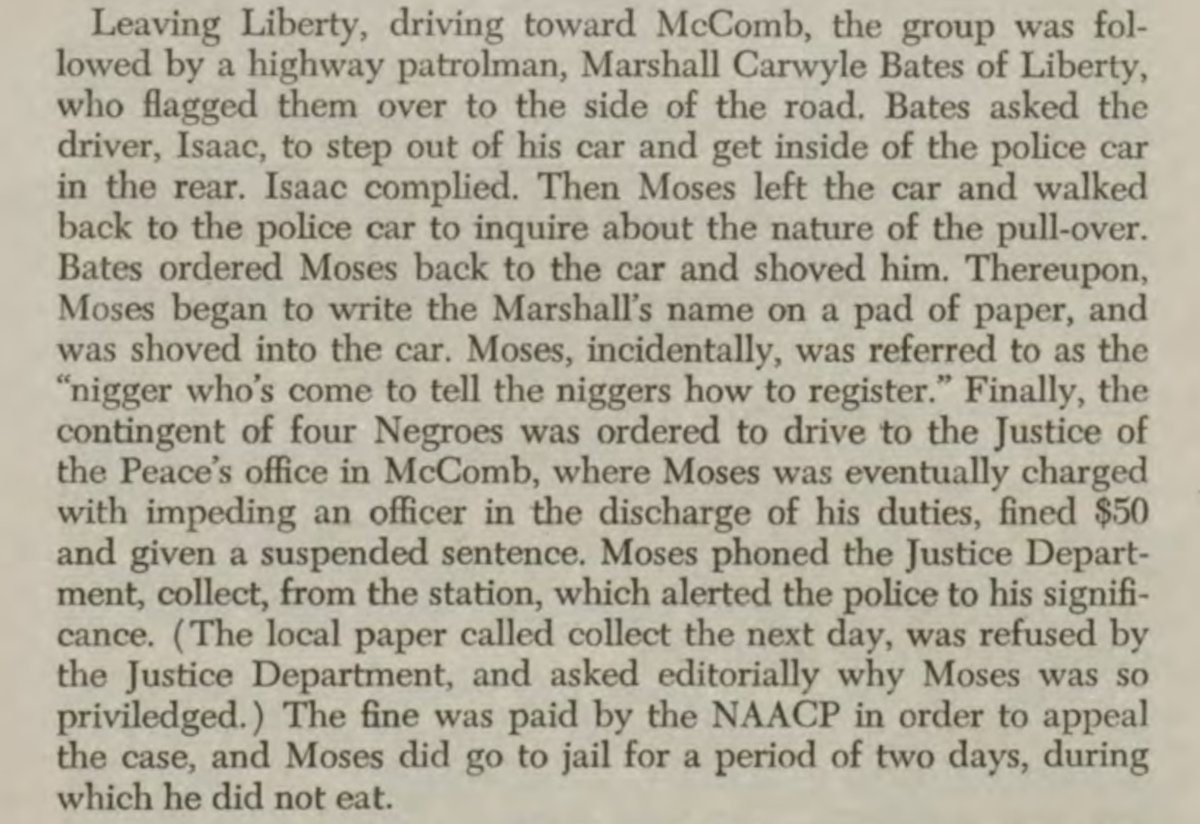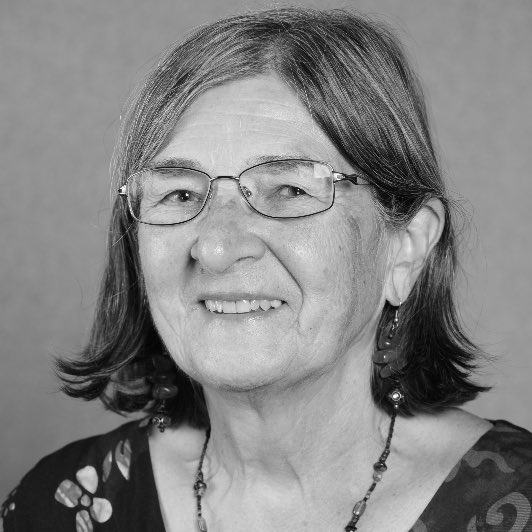Today is the 63rd anniversary of SNCC!
From organizing sit-ins to registering voters, SNCC's legacy is one of unwavering dedication to justice and equality. Join us in honoring their legacy and continuing the fight for a better tomorrow! #SNCC #CivilRights #Legacy #History
From organizing sit-ins to registering voters, SNCC's legacy is one of unwavering dedication to justice and equality. Join us in honoring their legacy and continuing the fight for a better tomorrow! #SNCC #CivilRights #Legacy #History

Interested in learning more about the intergenerational legacy of SNCC? Visit snccdigital.org, crmvet.org, blackpowerchronicles.org, and sncclegacyproject.org.
These resources offer valuable information on the courageous work of SNCC activists in the fight for civil rights and their continued impact on social justice movements today. #MovementPioneers #SNCC 



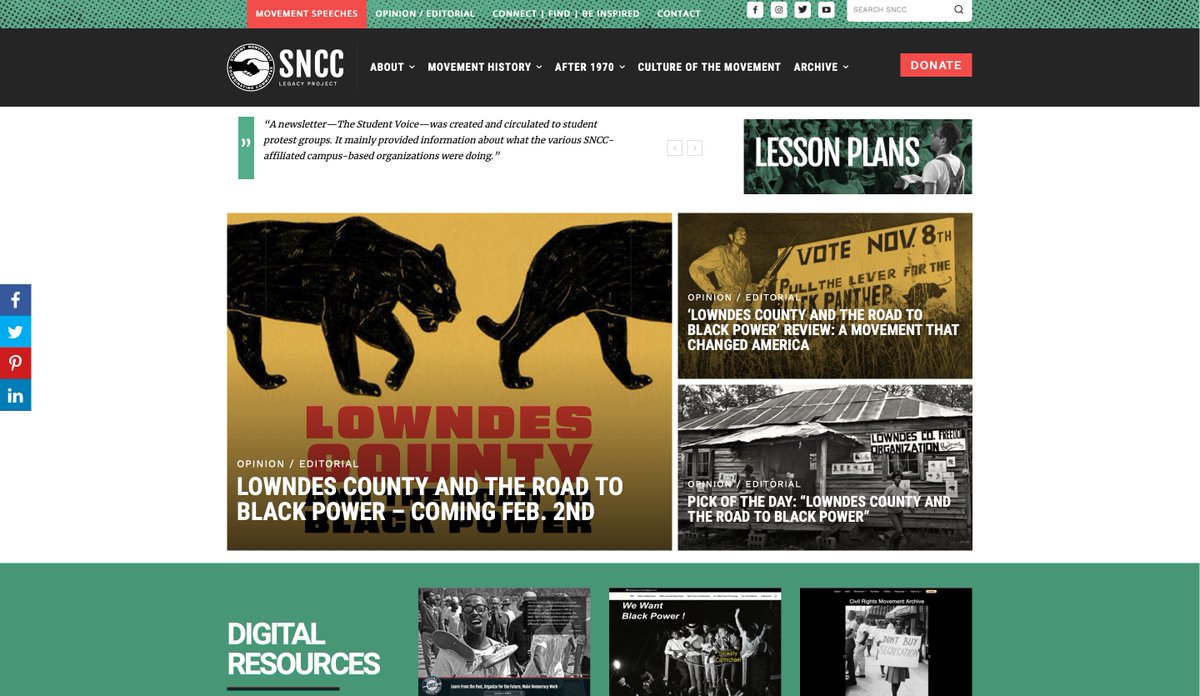

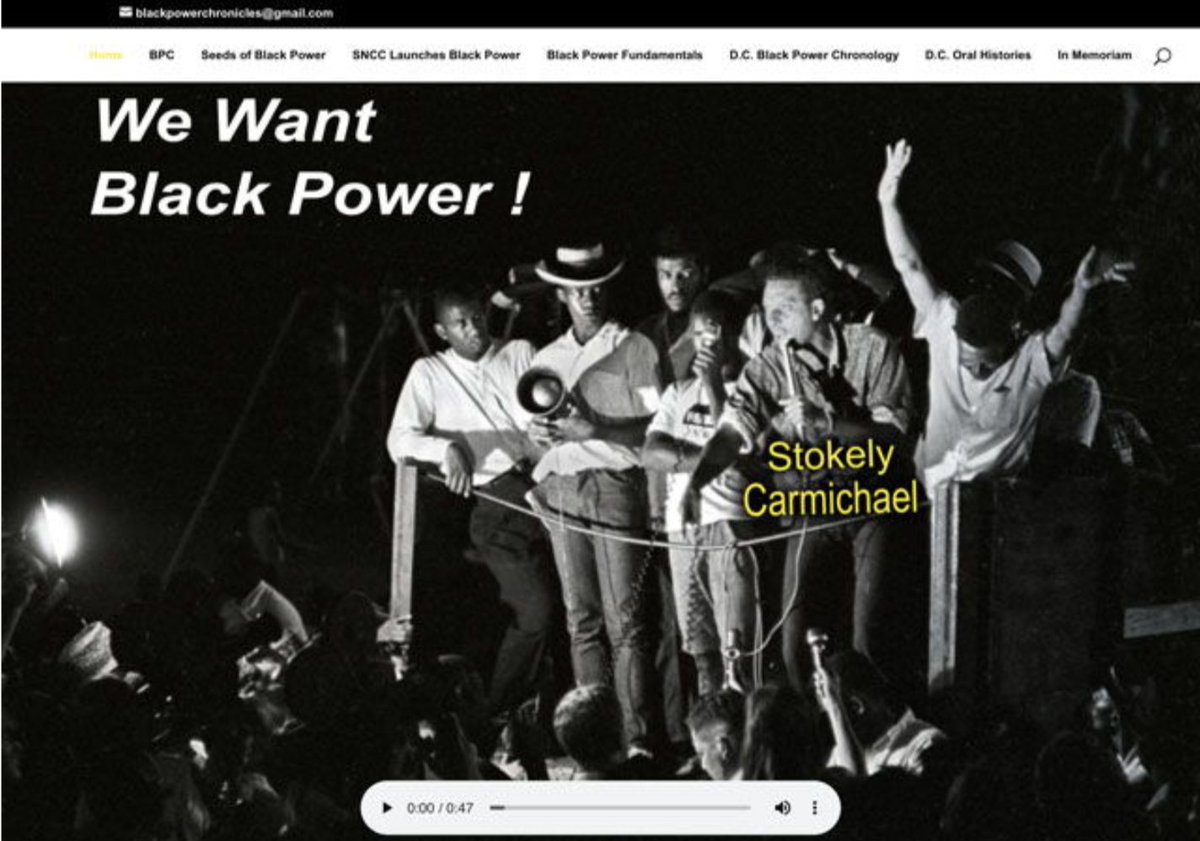
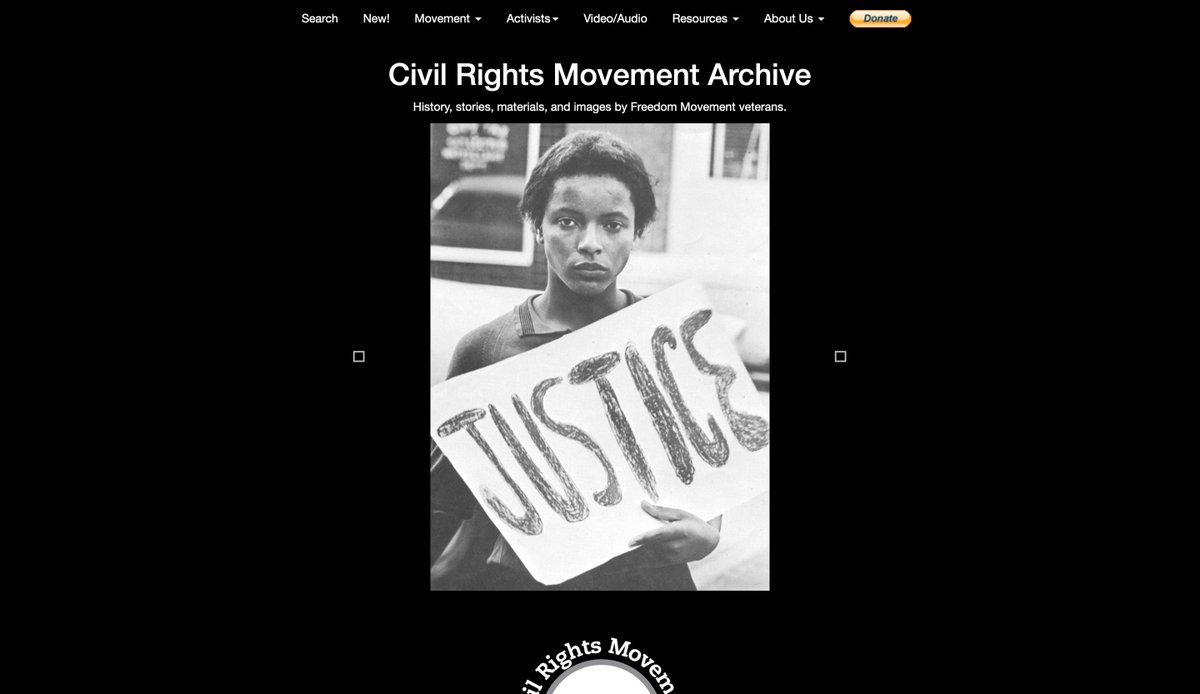
• • •
Missing some Tweet in this thread? You can try to
force a refresh

 Read on Twitter
Read on Twitter

